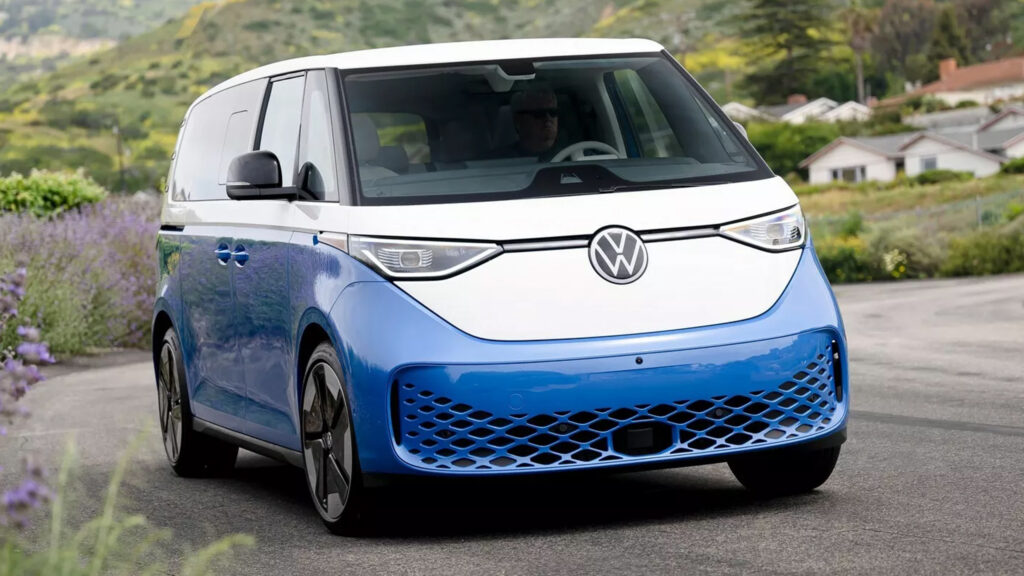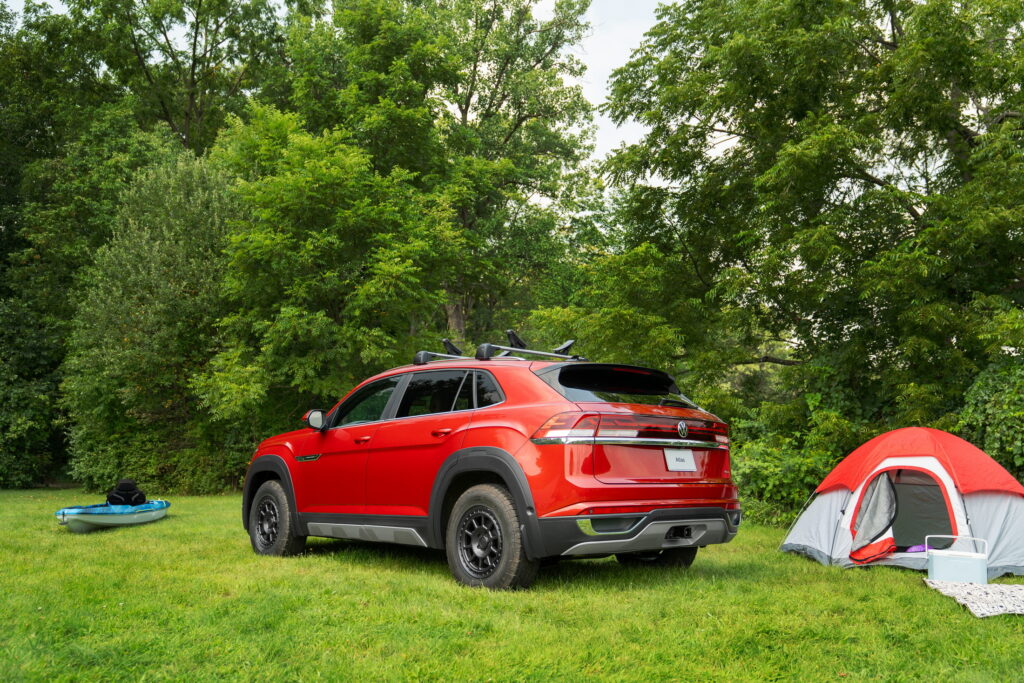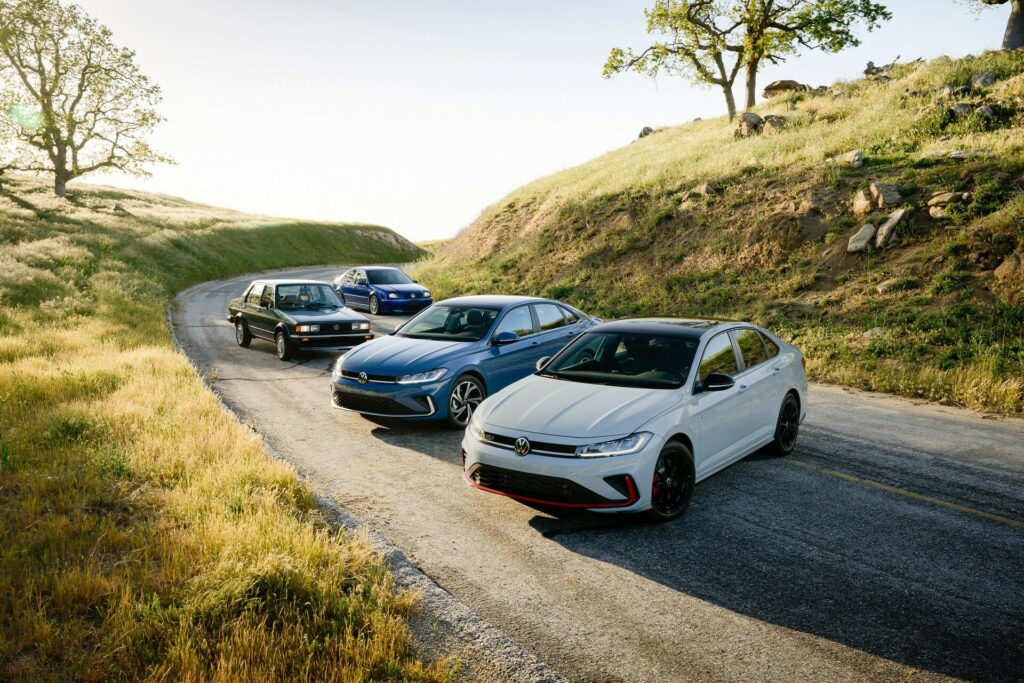Price Hold

Volkswagen’s latest move is drawing attention amid the tough economic landscape shaped by international tariffs. The automaker has pledged to maintain current prices on its vehicles at least until the end of May. This comes in response to potential increases due to President Trump’s trade policies, which are expected to enforce significant tariffs on vehicles manufactured outside the United States.
Tariffs Impact

Though the pressure is mounting for price increases, Volkswagen Group of America’s president, Kjell Gruner, clarified that the company doesn’t have a definitive plan to pass these costs onto consumers yet. This decision applies specifically to their popular models like the VW Tiguan, which faces a 27.5% tariff due to being manufactured in Puebla, Mexico. The commitment to a price freeze is designed to offer dealers and buyers a little peace of mind in a turbulent regulatory environment.
Competitive Landscape

VW isn’t alone in this strategy. Other manufacturers like Hyundai and Genesis are maintaining their pricing until early June, and domestic brands like Ford and Stellantis are pushing employee discounts to encourage sales. It’s a strategic game of chess where each company keenly observes the other’s moves, gauging how to adapt without sacrificing market position.
Driving Experience
While financial strategies occupy center stage, the driving experience remains crucial for buyers. Take, for instance, the VW Tiguan, which offers a blend of practicality and driving dynamics that are typically appreciated by American families. Although it’s an SUV, it hugs the road, much like a compact sedan. Compared to rivals, the Tiguan balances power and comfort, making it enjoyable to drive whether on a quick city run or a long highway trip.
If the tariffs stay beyond May, VW plans to reassess its strategy. Options include spreading increased costs among dealers, suppliers, and consumers, always mindful of staying competitive against other key players who might react differently.
Future Plans
With the ever-changing political landscape, predicting the future isn’t easy. For now, though, VW’s strategy is about stability. By keeping prices untouched for the short term, it provides a buffer for all stakeholders—consumers, dealers, and the broader supply chain. This cautious approach preserves consumer confidence and positions VW well, regardless of what comes next after the temporary relief in May.
For those considering a new car in the U.S., this can be seen as a green light. Not having to worry about immediate price hikes provides a small window to make purchases without the stress of rising costs. Meanwhile, every drive in a Volkswagen, whether a steady Tiguan or a sporty Jetta GLI, promises the comfort and quality the brand is known for, regardless of where it’s built and despite the swirling economic complexities.
Hyundai's 2025 Vision
Timeless V8 Classic
Kia's Milan Impact
CR-V Dream Pod Revealed
Lavida Pro Unveiled